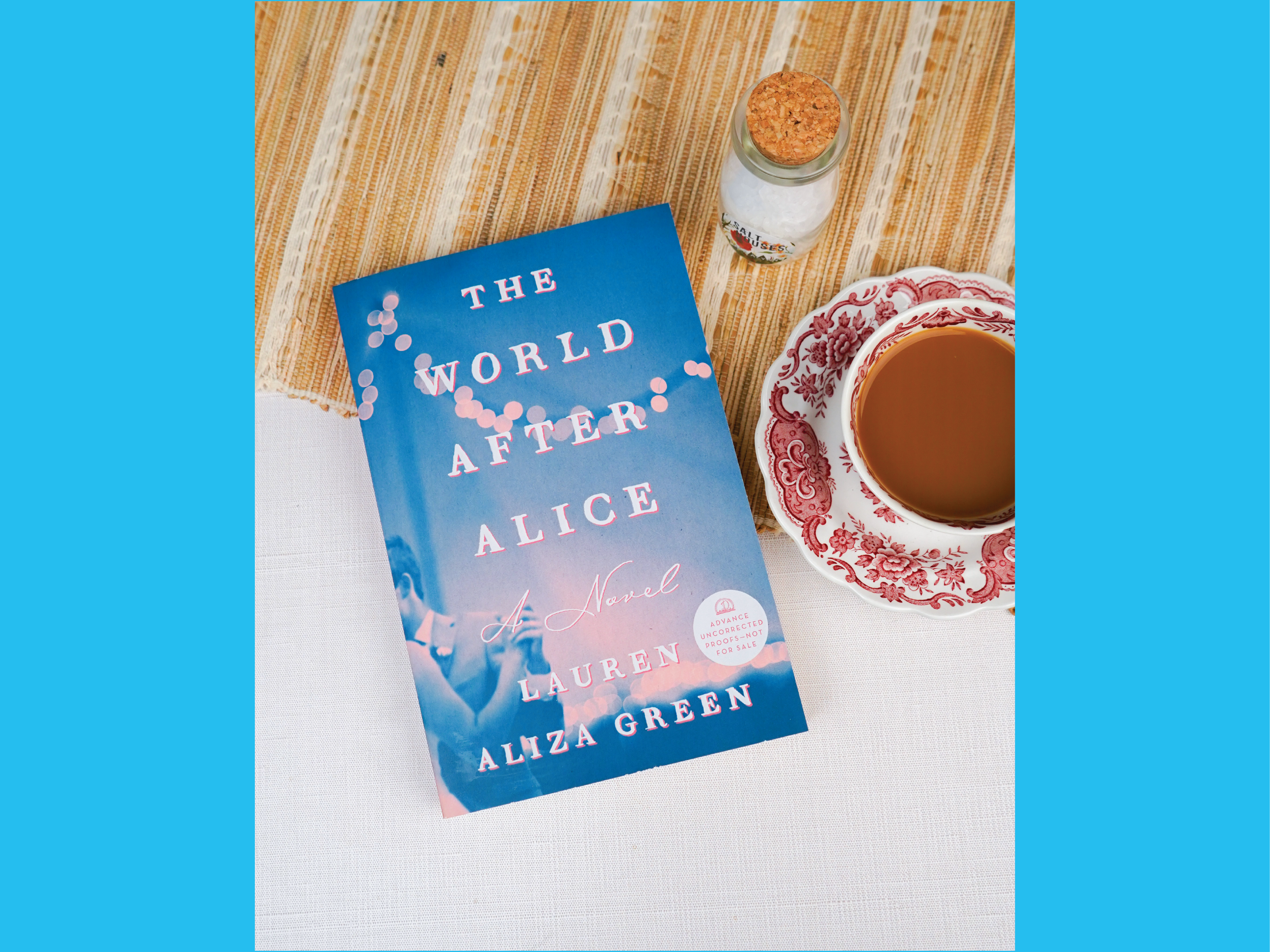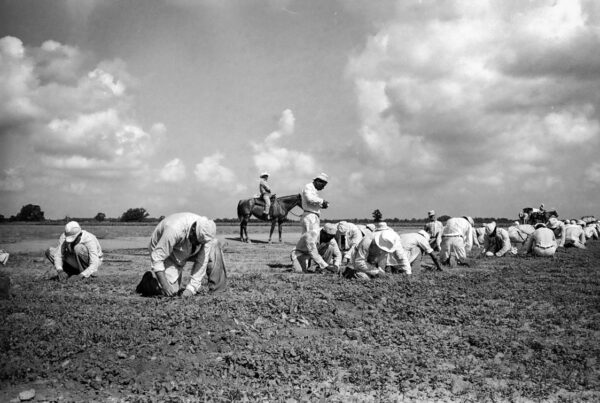Lauren Aliza Green’s debut novel “The World After Alice” follows a family reuniting for a wedding after a tragedy ripped them apart.
“’The World After Alice’ takes place in the wake of the tragedy, which is the loss of 16-year-old Alice, who died by suicide. And now, 12 years later, Alice’s brother Benji and her former best friend Morgan surprise their families with news that they’re getting married,” Green said. “And so that sets off this whirlwind wedding weekend in coastal Maine, where the characters are all brought together for the first time in over a decade.”

“The World After Alice” author Lauren Aliza Green. Photo by Kyle Grier
Green did her masters in creative writing at the Michener Center at the University of Texas at Austin.
“That program gave me the time and the freedom and the resources to grow and develop as a writer,” she said.
“Part of what makes the Michener Center specifically unique is that you go in and you study two things rather than one. And so I studied both fiction and poetry, and I think that the poetry classes sort of apprenticed me to this way of looking at the world and being able to put it into language and specifically into concise language.”
Green said her goal with this book was to explore a world she grew up a part of: that of young people who play classical music seriously.
“Before she dies. Alice is a prodigy, considered great by any external measure, and I was keen to explore in her story the ways that success from the outside can feel really different from the experience on the inside,” Green said. “So for Alice, the violin represents everything — both everything that she is and everything that she’s terrified she won’t be – so the standards that she worries she’s not going to live up to.”
Green said she grew up playing violin and reconnected with the instrument while she was in her masters program.
“I grew up playing and training in the classical tradition. I stopped playing violin as a teenager, but during COVID, I actually had my mom mail my violin to me in Austin and I found that I was, for the first time, kind of able to play just for the sake of playing and to recover some of that early love that I felt when I first started,” Green said.
“To this day, music is just such a big part of my life. I am a professional singer and piano player. I perform every year at the Carnegie Hall Christmas show, so I knew from the start that I just needed to write about music because I didn’t feel that I’d ever seen the world that I’d grown up in reflected to me on the page.”
Green said she feels reading fiction is an important way we can see the world through other people’s eyes.
“I think that fiction allows us to see parts of ourselves that we maybe don’t see often, or don’t force ourselves to look at often,” she said. “I experience a sense of just recognition and feeling understood when I see my thoughts reflected on somebody else’s page.
And so I think that in fiction, we’re exploring the human heart and the human condition, and we can find that our own beliefs and viewpoints are expanded and challenged and yet also maybe confirmed. And that’s just so important in a day and age when I think people can get almost tunnel vision, and not be forced out of their comfort zones or not be forced to see the world through somebody else’s eyes.”













